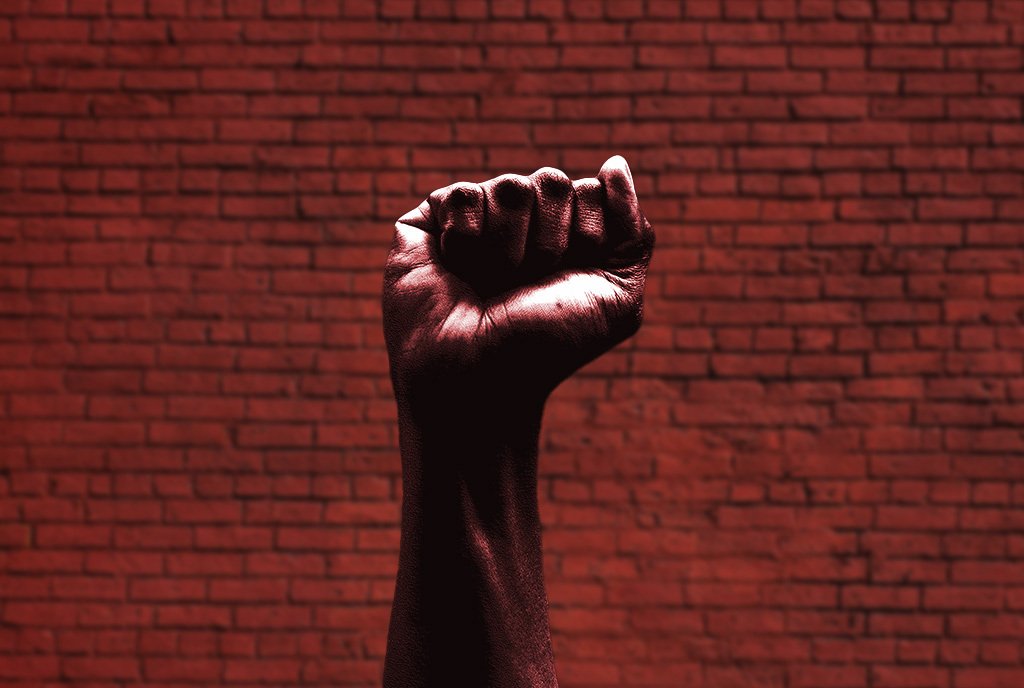
January 25, 2019; Colorlines
The business of immigrant detention, a lucrative one ever since September 2001, is growing exponentially under the Trump administration. Officials are using ever more brazen methods to arrest, detain, and deport people without citizenship papers, and are not hesitant to exploit immigrant children’s vulnerability as the means to an end.
A class action lawsuit filed last week by the Southern Poverty Law Center (SPLC) on behalf of 12 minors and their “next friends” alleges that “the Trump administration decided to deter illegal immigration by enacting a policy to use detained immigrant children as bait to arrest immigrants who come forward to sponsor them, even while explicitly acknowledging that this would prolong the detention of immigrant children.”
A leaked memo indicates that Immigration and Customs Enforcement (ICE) colluded with the Office of Refugee Resettlement (ORR). ORR is supposed to help refugee minors find safe haven in the US, while ICE is in charge of deportations. Sponsor families report being asked for biographical and biometric information, which ORR then shared with ICE; ICE then checks the immigration status of potential sponsors and arrests those who are undocumented or who have overstayed their visas. At least 170 sponsors have been arrested this way, and it has deterred others from coming forward, keeping more children stuck in detention centers.
The leaked memo explicitly acknowledges this possibility. The author seems to think “deterrent impact” would reduce the number of children in HHS custody over the long term but proposes no solution for the sudden increase of necessary childcare in the short term. The memo also suggests that the US begin prosecuting “those who conspire or otherwise facilitate illegal entry into the US” of unaccompanied children, putting an immigrant child’s entire support network at risk.
Sign up for our free newsletters
Subscribe to NPQ's newsletters to have our top stories delivered directly to your inbox.
By signing up, you agree to our privacy policy and terms of use, and to receive messages from NPQ and our partners.
As the number of children in detention balloons, so do the profits of companies contracted to house them. NPQ reported in June that several immigrant advocates were wary of organizations like Southwest Key, which has received about $1.4 billion in grant funding to operate shelters over the past 10 years. Many organizations currently housing immigrant children were designed to hold “at-risk youth.” In 2017, Health and Human Services granted nearly $1 billion for the care and custody of immigrant children.
Two other advocacy organizations, the Catholic Legal Immigration Network and Northwest Immigrant Rights Project (NWIRP), are part of the class action lawsuit, alleging they “find this work to be much more difficult and costly based on the ORR policies challenged herein.” NWIRP is involved with a number of cases and complaints involving asylum seekers and immigrant children.
This is not the first time the government has attempted to use existing legal processes to trap undocumented immigrants. NPQ reported in November that green card applicants and participants in programs like SNAP, housing subsidies, or Children’s Health Care (CHIP) were at risk of having their status reported as well. Early in the Trump administration, then-Attorney General Jeff Sessions attempted to compel municipal governments and police departments to share data and detention facilities with ICE, but a roaring sanctuary city movement made that strategy nationally unworkable. Is the use of federal aid programs simply a next-best option?
Civic groups stood up then, and stand up now, to denounce the inhuman treatment of immigrants, from denials of asylum to dehumanizing language to the coupling of basic human services to citizenship papers that are increasingly time-consuming and difficult to obtain. Camps of activists down at the border are engaging in direct action and training, but they are up against a system that spends billions of dollars on migrant “deterrent” policies, like using children as bait.—Erin Rubin













